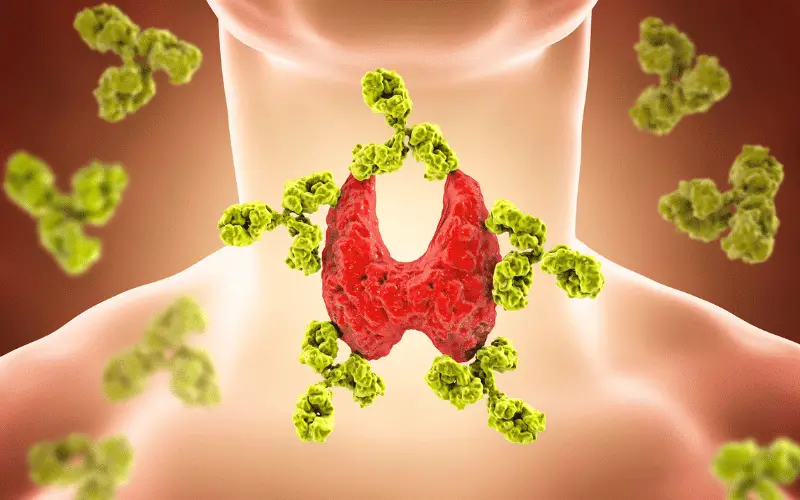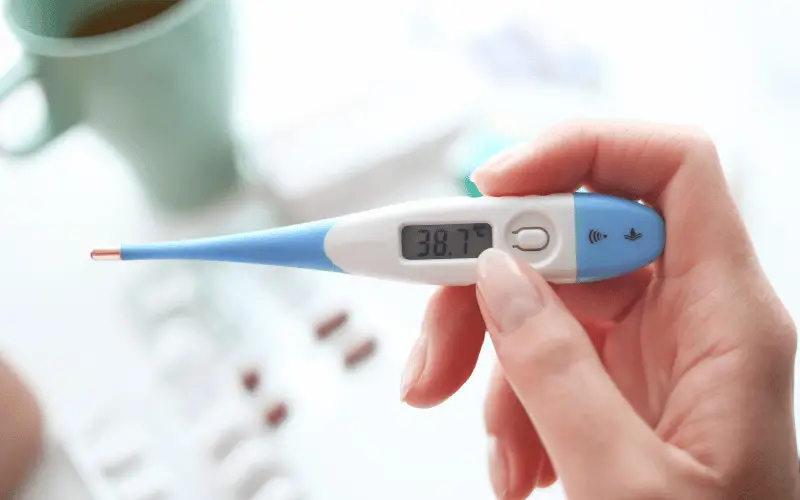Introduction: Unraveling Acute Infectious Thyroiditis

Acute infectious thyroiditis, while relatively rare, is a significant health concern requiring immediate medical intervention. As the thyroid plays a crucial role in our body’s comprehensive system, gaining a deep understanding of the symptoms connected to this disease can be of immense help in diagnosing and treating it timely. The focus here is on the ten key symptoms of acute infectious thyroiditis that you should be aware of.
Our bodies are magnificent machines, intricately engineered, with each part playing a critical role. The thyroid gland, situated at the base of our necks, might be small, but its impact on our overall health is substantial. It regulates the body’s metabolism, heart rate, and body temperature, among other vital functions. Infections in this gland, such as acute infectious thyroiditis, can throw this finely-tuned system out of balance.
Understanding the complex condition of acute infectious thyroiditis requires delving into the domain of the thyroid gland and its functionalities. Inflammation of the thyroid gland due to a bacterial or fungal infection results in acute infectious thyroiditis. It’s vital to note that this condition is a rarity, accounting for approximately 0.1% to 0.7% of all thyroid diseases.
Prompt identification and management of acute infectious thyroiditis are essential due to the potentially severe complications associated with this condition. Left untreated, it can lead to life-threatening conditions such as sepsis, or the spread of the infection to other parts of the body.
Symptom 1: Fever and Chills – The Body’s Initial Response

Recognizing acute infectious thyroiditis begins with understanding its first telltale sign, a sudden onset of fever and chills. These aren’t your typical signs of a common cold or flu but are more intense and persistent. The fever usually spikes high, often without any prior illness or symptoms, making it a potentially confusing and distressing symptom.
One might wonder why fever and chills occur. In the case of acute infectious thyroiditis, the body’s immune system is responding to a bacterial or fungal infection in the thyroid gland. These foreign invaders trigger an immune response, resulting in a fever as the body raises its internal temperature to create an inhospitable environment for the invading pathogens.
Chills often accompany this fever, serving as the body’s attempt to generate heat and increase its temperature to fight off the infection. The chills can be intermittent, persistent, or severe, causing shaking or teeth chattering. It’s also worth noting that the severity of the chills is often proportional to the severity of the infection.
In some instances, the fever may subside temporarily, leading to a false sense of recovery. However, it’s crucial to be aware that without appropriate medical treatment, the fever is likely to return. This is because the root cause – the infection in the thyroid gland – hasn’t been addressed. (1)